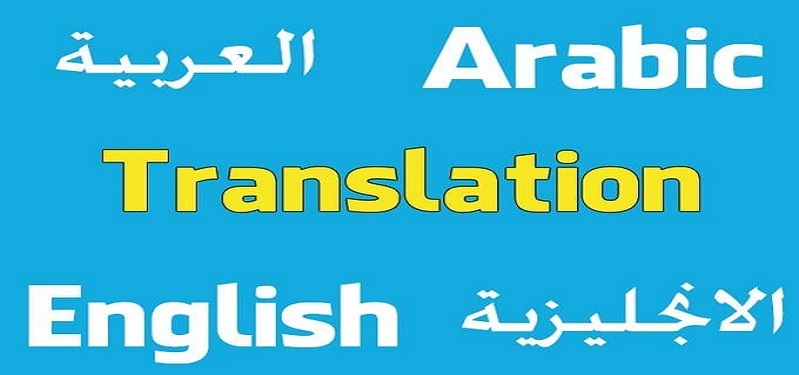
If you’re watching TV shows or movies to practice listening to Arabic, watch the same things repeatedly.Įventually, you’ll start to speak, read, and write without thinking (or getting nervous) about it. Review your vocabulary as much as possible. The only way to gain this level of confidence is through repetition. You will also need to be able to translate the written word quickly, because your employer will need a fast turnaround on everything.

You need to feel confident with your language abilities so you can stand in front of others and speak calmly and smoothly. When you are translating from Arabic to English (or vice versa), you won’t have much time to question yourself – especially if you’re interpreting in a live situation.
#Arabic translator professional#
From there, it’s just a matter of practice and training to be able to express the translation in a professional manner.

The program at Arab Academy is designed to help you gain the proficiency you need for jobs that involve translating Arabic. The ability to creatively and effectively express yourself.So, in effect, becoming a translator or interpreter requires two things: You must be able to speak, read, write, and generally comprehend the vocabulary and grammar of Arabic and express the original intent a clear and distinct way. This level of fluency requires more than a passive ability with the language.

There is a big difference between being able to communicate in a second language and being fluent enough in Arabic to work as a translator or interpreter.


 0 kommentar(er)
0 kommentar(er)
